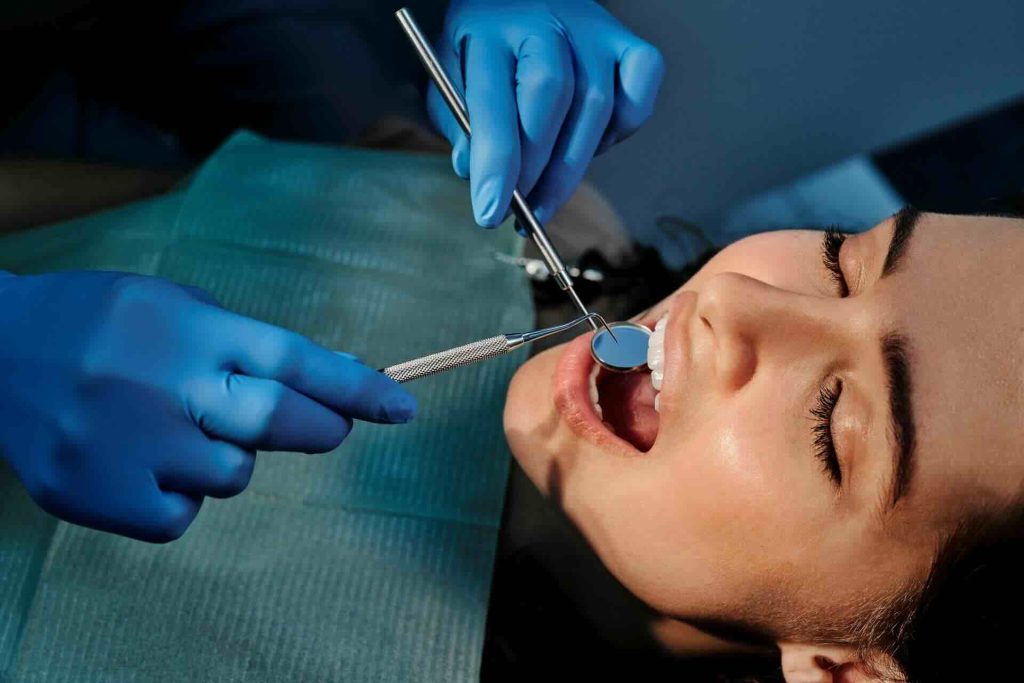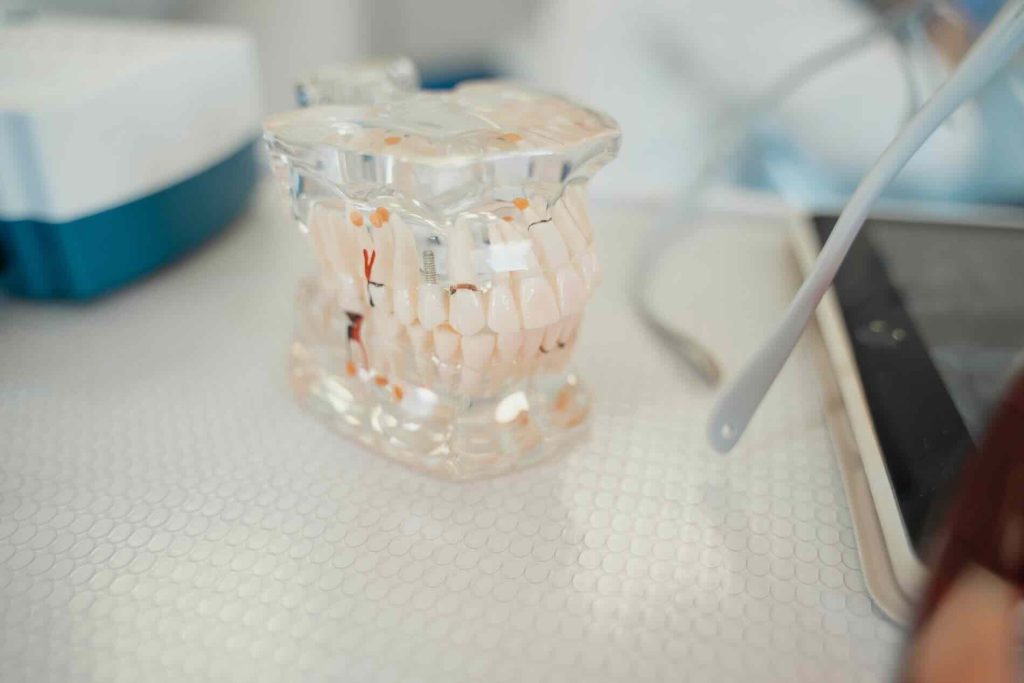Ever winced while sipping something cold? Or caught a whiff of your own breath and winced again? Dental issues are sneakier than most of us think—and more common. Whether it’s a throbbing tooth or that nagging sense your gums are receding, oral health problems don’t just hurt your mouth. They affect your confidence, digestion, sleep, and even your heart.
Let’s dig into seven dental problems that show up more often than you’d expect—and the practical, science-backed solutions that actually work.
1. Tooth Sensitivity
That sudden zing when you bite into ice cream or drink hot coffee? That’s tooth sensitivity. It happens when enamel wears down or gums recede, exposing the softer dentin underneath. Dentin has tiny tubules that connect to your tooth’s nerve center, and temperature changes trigger pain.
Solution: Start with a desensitizing toothpaste like Colgate Sensitive Pro-Relief. Cut down on acidic foods and brushing too hard. If pain persists, talk to your dentist about fluoride treatments or dental bonding.
2. Gum Disease (Gingivitis & Periodontitis)
Red, swollen gums that bleed when you brush? That’s gingivitis—the first stage of gum disease. If ignored, it can advance to periodontitis, where gums pull away from teeth, creating pockets that harbor bacteria. Left untreated, you risk tooth loss and even systemic health issues like heart disease.
Solution: Floss daily (yes, really), use an antimicrobial mouthwash, and see your dentist regularly for cleanings. In moderate to severe cases, scaling and root planing (a deep cleaning procedure) may be necessary. According to the American Academy of Periodontology, early intervention is key to reversing damage.
3. Cavities (Dental Caries)
Even with today’s fluoride-filled products, cavities are still rampant. They start as microscopic pits caused by acid-producing bacteria, and once enamel is breached, decay accelerates.
Solution: If caught early, fluoride treatments can remineralize enamel. Once the cavity forms, a filling is needed. To prevent new ones, reduce sugar intake, brush with fluoride toothpaste, and consider dental sealants if you’re cavity-prone. Fun fact: sipping water throughout the day helps wash away acid-forming particles.
4. Bad Breath (Halitosis)
Let’s be honest—nobody tells you when you have it, but everyone notices. Bad breath is often linked to poor oral hygiene, but it can also signal infections, dry mouth, or even acid reflux.
Solution: Brush your tongue (most people skip this!), drink plenty of water, and use a mouthwash containing chlorhexidine or cetylpyridinium chloride. If odor persists, see a dentist. Chronic halitosis might be rooted in sinus infections or digestive issues, not just your mouth.
5. Tooth Grinding (Bruxism)
If you wake up with a sore jaw or cracked molars, you might be grinding your teeth at night—often without realizing it. Stress, misaligned bites, and even sleep apnea can trigger bruxism.
Solution: A custom night guard can protect your teeth from further damage. In some cases, Botox has been used off-label to relax jaw muscles. More importantly, addressing the root cause—stress, sleep issues, or bite alignment—is what really fixes the problem long-term. Don’t wait until your molars start chipping.
6. Tooth Discoloration
Yellow or stained teeth are often dismissed as cosmetic, but they can signal enamel erosion or excessive fluoride exposure. Coffee, wine, smoking, and even certain medications (like tetracycline) contribute.
Solution: Whitening toothpastes only tackle surface stains. For deeper stains, in-office whitening or take-home kits with carbamide peroxide are more effective. If the discoloration is internal, veneers may be an option. Pro tip: rinse your mouth after consuming anything pigmented—even berries!
7. Cracked or Chipped Teeth
Not all tooth cracks are visible—but they can still cause major pain. Biting down on hard foods, grinding, or trauma can lead to cracked teeth, which, if untreated, can lead to infections or breakage.
Solution: Small chips can be smoothed or filled. For deeper cracks, your dentist may recommend crowns or even root canals. One of our contributors once cracked a tooth on a popcorn kernel during a movie—she didn’t notice until days later when cold water triggered pain. Moral of the story? Don’t ignore even tiny changes in sensitivity.
Closing Thoughts: Your Mouth is Trying to Tell You Something
Most people don’t think about oral health until something hurts—but by then, the damage is usually done. Your mouth is a gateway to your body, not a separate system. Gum inflammation has been linked to heart conditions. Cavities can lead to bloodstream infections. Bad breath might be your gut waving a red flag.
So the next time your gums bleed or your teeth twinge, don’t dismiss it. It’s not “just a tooth thing.” It’s your body talking. Are you listening?
- How Automated Dispensing Cabinets (ADCs) revolutionized point-of-care medication administration? - November 23, 2021
- How to Select the Best and Most Affordable Fitness Tools - October 31, 2021
- What is Causing the Trend of Nursing Turnover and How to Stop It - August 24, 2021


